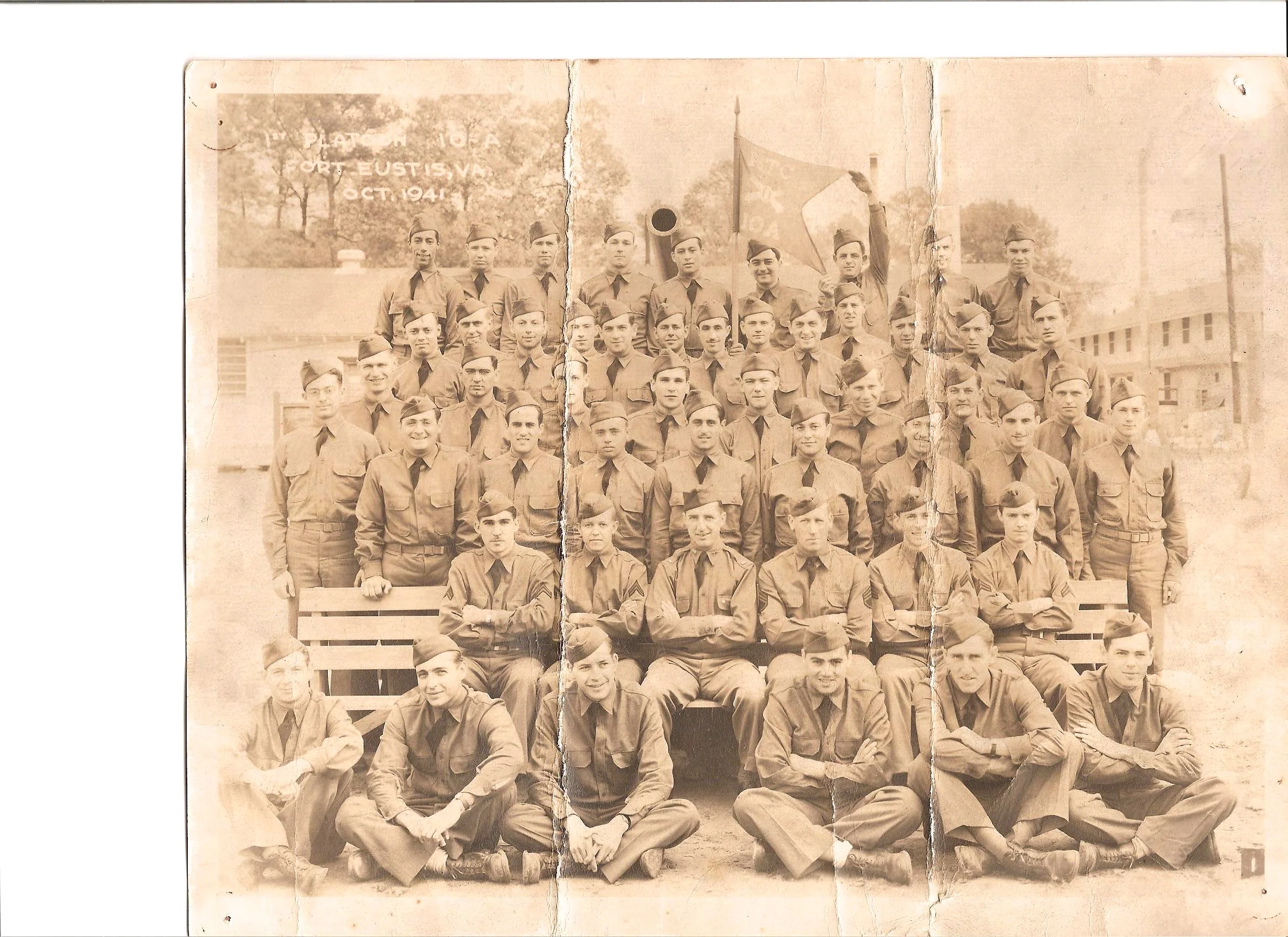A woman's words, another's voice light the darkness
/She was drawn into it. She was the moth, and it was the flame. It warmed and burned and consumed and ignited her.
It became her passion and her cross.
Another woman's words. Another woman's life. Lived 50 years ago, half a world away. A stranger, yet kin.
As we all are.
Read More



